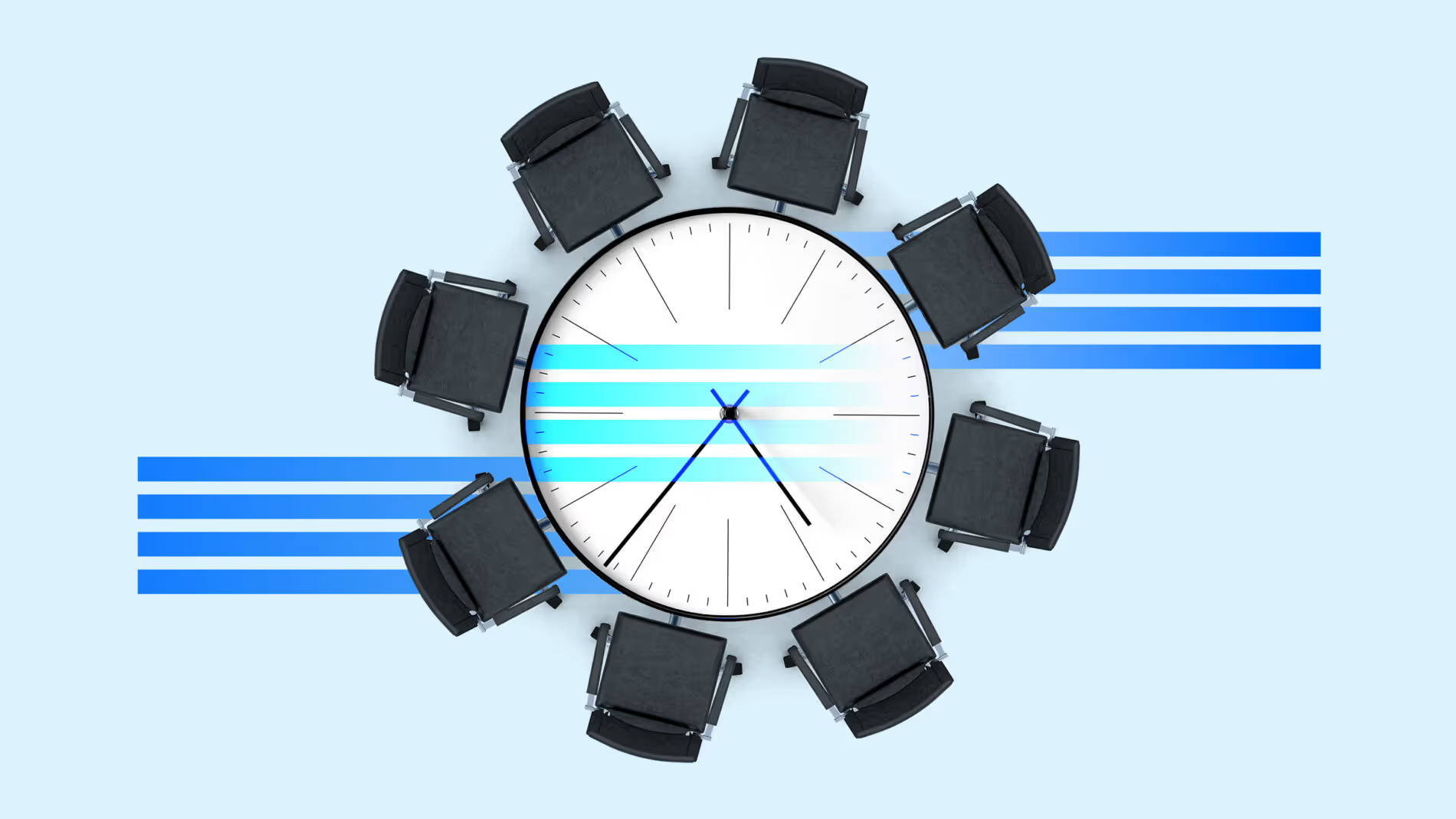How to Practice Mindfulness Throughout Your Work Day

This article was originally published in Harvard Business Review.
You probably know the feeling all too well: You arrive at the office with a clear plan for the day and then, in what feels like just a moment, you find yourself on your way back home. Nine or 10 hours have passed but you’ve accomplished only a few of your priorities. And, most likely, you can’t even remember exactly what you did all day. If this sounds familiar, don’t worry. You’re not alone. Research shows that people spend almost 47% of their waking hours thinking about something other than what they’re doing. In other words, many of us operate on autopilot.
In today’s attention economy; focus is the skill most needed
Add to this that we have entered what many people are calling the “attention economy.” In the attention economy, the ability to maintain focus and concentration is every bit as important as technical or management skills. And because leaders need to absorb and synthesize a growing flood of information in order to make good decisions, they’re hit particularly hard by this emerging trend.
The good news is you can train your brain to focus better by incorporating mindfulness exercises throughout your day. Based on our experience with thousands of leaders in over 250 organizations, here are some guidelines for becoming a more focused and mindful leader.
Start your day off right
Researchers have found that we release the most stress hormones within minutes after waking. Why? Because thinking of the day ahead triggers our fight-or-flight instinct and releases cortisol into our blood. Instead, try this: When you wake up, spend two minutes in your bed simply noticing your breath. As thoughts about the day pop into your mind, let them go and return to your breath.
A short practice to boost brain power
Next, when you get to the office, take 10 minutes at your desk or in your car to boost your brain with a short mindfulness practice before you dive into activity. Close your eyes, relax, and sit upright. Place your full focus on your breath. Simply maintain an ongoing flow of attention on the experience of your breathing: inhale, exhale; inhale; exhale.
To help your focus stay on your breathing, count silently at each exhalation. Any time you find your mind distracted, simply release the distraction by returning your focus to your breath.
Most important, allow yourself to enjoy these minutes. Throughout the rest of the day, other people and competing urgencies will fight for your attention. But for these 10 minutes, your attention is all your own.
Direct and develop your focus
Once you finish this practice and get ready to start working, mindfulness can help increase your effectiveness. Two skills define a mindful mind: focus and awareness. More explicitly, focus is the ability to concentrate on what you’re doing in the moment, while awareness is the ability to recognize and release unnecessary distractions as they arise. Understand that mindfulness is not just a sedentary practice; mindfulness is about developing a sharp, clear mind. And mindfulness in action is a great alternative to the illusory practice of multitasking.
Mindful working means applying focus and awareness to everything you do from the moment you enter the office. Focus on the task at hand and recognize and release internal and external distractions as they arise. In this way, mindfulness helps increase effectiveness, decrease mistakes, and even enhance creativity.
Mindfully manage your emails
To better understand the power of focus and awareness, consider an affliction that touches nearly all of us: email addiction. Emails have a way of seducing our attention and redirecting it to lower-priority tasks because completing small, quickly accomplished tasks releases dopamine, a pleasurable hormone, in our brains. This release makes us addicted to email and compromises our concentration.
Instead, apply mindfulness when opening your inbox. Focus on what is important and maintain awareness of what is merely noise. To get a better start to your day, avoid checking your email first thing in the morning. Doing so will help you sidestep an onslaught of distractions and short-term problems during a period of exceptional focus and creativity.
Have shorter, more effective meetings
As the day moves on and the inevitable back-to-back meetings start, mindfulness can help you lead shorter, more effective meetings. To avoid entering a meeting with a wandering mind, take two minutes to practice mindfulness. You can do so while you’re walking to the meeting.
Even better, let the first two minutes of the meeting be silent, allowing everybody to arrive both physically and mentally. Then, if possible, end the meeting five minutes before the hour in order to allow all participants a mindful transition to their next meeting.
Schedule performance breaks
As the day progresses and your brain starts to tire, mindfulness can help you stay sharp and avoid poor decisions. After lunch, set a timer on your phone to ring every hour. When the timer rings, cease your current activity and do one minute of mindfulness practice.
These mindful performance breaks will help keep you from resorting to autopilot and lapsing into action addiction.
Release stress on your commute
Finally, as the day comes to an end and you start your commute home, apply mindfulness. For at least 10 minutes of the commute, turn off your phone, shut off the radio, and simply be. Let go of any thoughts that arise. Attend to your breath. Doing so will allow you to let go of the stresses of the day so you can return home and be fully present with your family.
Strip away distractions to stay on track
Mindfulness is not about living life in slow motion. It’s about enhancing focus and awareness both in work and in life. It’s about stripping away distractions and staying on track with individual, as well as organizational, goals.
Take control of your own mindfulness: test these tips for 14 days and see what they do for you.



















.png)





